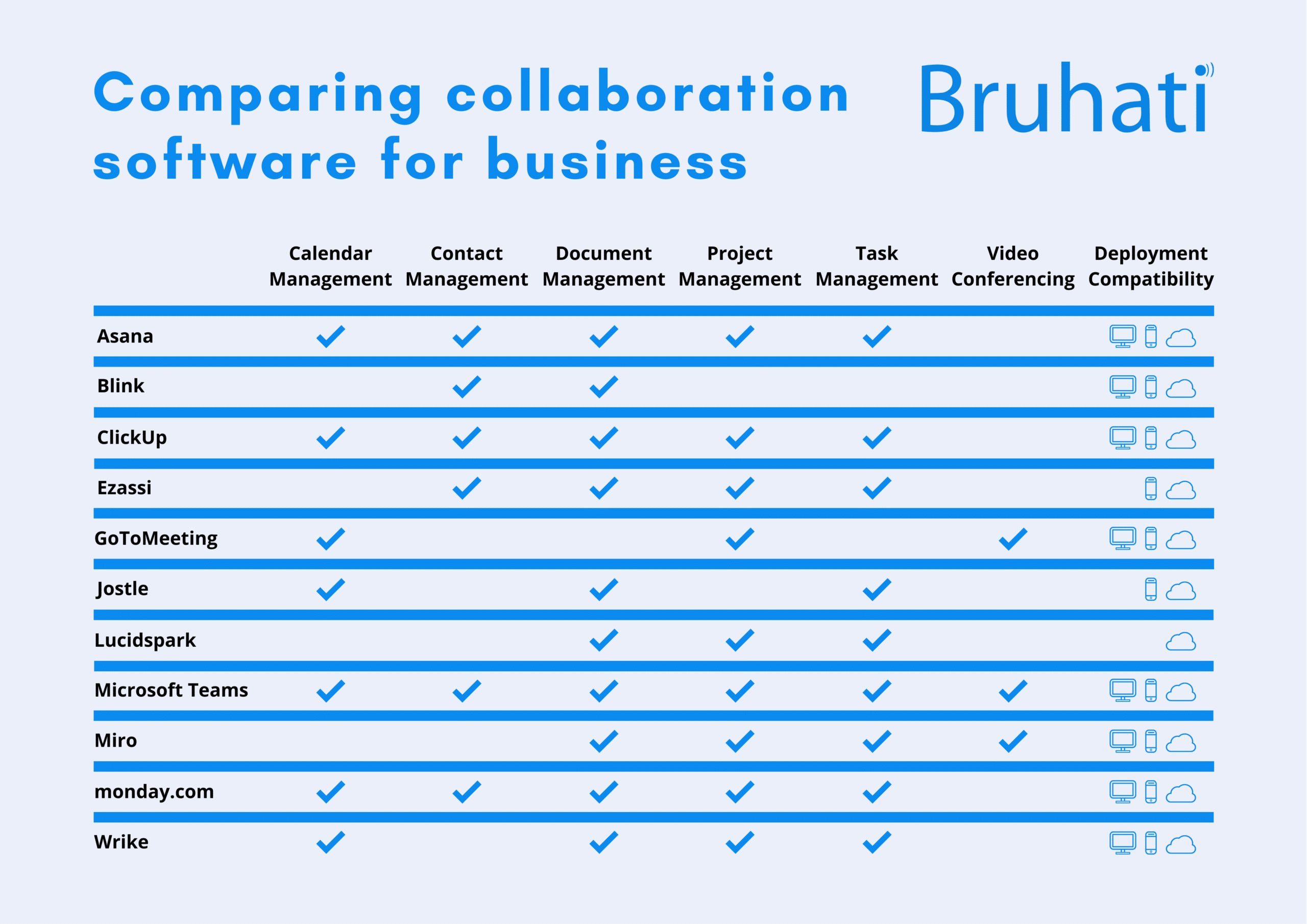The new normal for workspaces in the post-COVID age:


Introduction
If asked in 2019 if 2020 would be a year of great change, I suspect many would have been doubtful. Of the widespread viruses we have seen over the past century, the COVID-19 crisis has undeniably had the biggest impact on the world out of all of them, causing businesses to revise the way in which they operate, social media and messaging apps to become a more prominent part of people’s lives, and progress to be made towards a paperless society.
One of the main things that have been affected by the pandemic is people’s ability to meet up in person, whether to socialise, shop, attend work, consultations, clubs, or classes. Many of the tools which are used frequently nowadays in response to social distancing regulations predate the virus, though it’s how these tools are now being used as a compromise for physical interaction with others that is in turn reshaping how society operates.
We at Bruhati Solutions, are a COVID-era company that is truly mobile. With our first employee recruited this year via an outdoor interview, and all of our workforce and associates working remotely. We have no fixed office space, which gives us a lot of potential for productivity and freedom to work flexibly, due to our staff not having a daily commute to work. We are now doing business in regions beyond where we expected to do business pre-pandemic (i.e. the Middle East), which is made easy by the increasing interconnectedness of the internet age.
In many industries, acquisition of new customers and clients would have once been heavily dependent on attending in-person events, though the repercussions of the Coronavirus pandemic have forced a lot of businesses to re-evaluate and adapt how they operate. In some ways the cultural shift brought on by the pandemic has been beneficial – challenges can often present opportunities for us to approach work from a new angle. In terms of networking, we have found that LinkedIn is great for networking and marketing, as so many other professionals are depending on its services, we have utilised this platform to establish relationships with business partners and to recruit employees.
Remote working is great for businesses trying to minimize their environmental footprint, another great benefit is being able to conduct business from anywhere, it could be argued that workers who are able to work comfortably and in their own way are likely to be more confident in what they are doing, ultimately being more productive (so long as effective communication is upheld). While working together in person is still great for maintaining a vibrant culture, inspiring innovation, creativity, and making collaboration easy – for office-based jobs, remote working has become commonplace, as businesses devise ways to keep workers socially distanced. We find that Microsoft Office 365 used in conjunction Microsoft Teams allow us to work more effectively than in person at times.
Below is a quick-reference guide, comparing the compatibility and capabilities of some of the top collaboration software for businesses who have remote working teams:

Our recommended collaboration software is Microsoft Teams, as it provides many practical uses. Its calendar is synchronized with our personal Microsoft Outlook calendars, and it allows for the integration of additional apps, which can be found by selecting the ‘Apps’ tab from the toolbar (Microsoft have provided some free online guides — to make sure you get the most out of Teams, click here).
The future of remote working
With meetings and desktop sharing being accessible from multi-faceted collaborative software, documents and notes can be localized and accessed by multiple people, quickly and with ease. Instead of having to commute to and from meetings, or dashing back and forth to look at each other’s screens, workers can all access shared files from a homogenized view, saving everyone time and energy. It seems that remote working will only continue to become a more streamlined process, in which workers will keep high morale from being able to focus their energy on what really matters in their role. Despite all the negative effects it has had, the COVID-19 crisis has definitely helped improve the synergy between people and accelerate the progress of businesses and organisations through our electronic devices.
Our partner Bruhati have a successful track record in helping organisations through their Architecture Maturity Journey and enabling them to become fully digital. For more information and a FREE consultation please visit www.bruhati.com or contact sales@bruhati.com.
Feel free to comment and subscribe to be notified when a new article is published.


